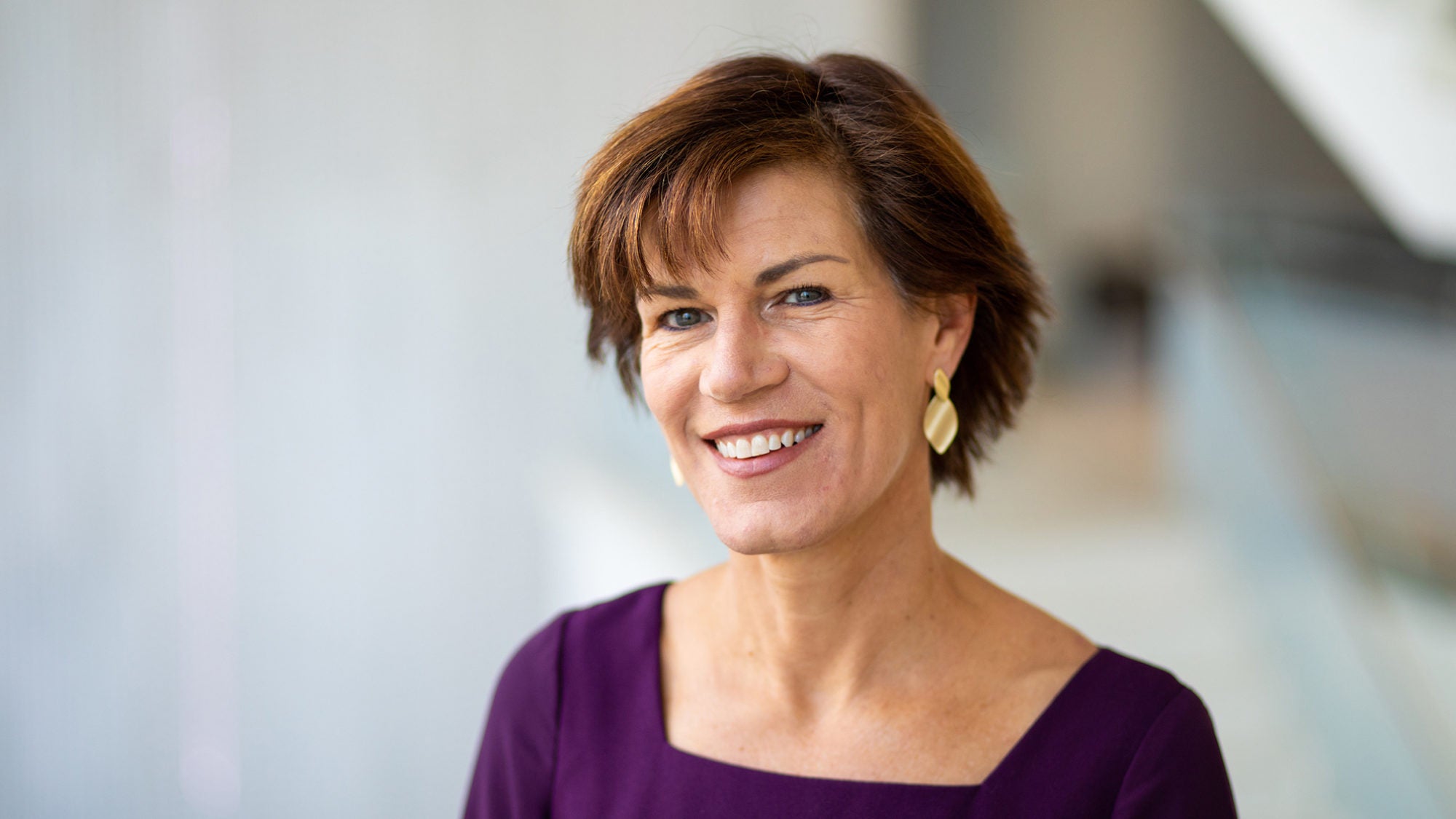A doll. Duffel bags and backpacks. A small boy. A grandmother. Families, lots and lots of families. These are images you see as migrants stand in line each and every day to receive a warm meal at the Kino Border Initiative (KBI) facility – also known as the comedor, which means “dining hall” on the Mexican side of Nogales, which sits on the United States and Mexico border.
They are just 100 yards away from the U.S. border patrol and a large processing facility in Nogales, Arizona, and are seeking freedom from oppression, violence and a better future. They are so close, and yet so far.
For many, the journey is arduous. The migrants come from small Mexican towns hundreds of miles away, villages where drug cartels and violence or joblessness is the norm. They also come all the way from other countries like Nicaragua and Honduras. They bring only a select few possessions that they carry on their backs or over their shoulders each step of the way.
I heard their stories, served them food, empathized with their plight and provided the little comfort I could in the short time I was with them as part of Georgetown’s KBI immersive experience. I also talked to people who had lived in the U.S. for many years, but had been recently deported back to a country they no longer knew. Along with migrants who have been caught illegally entering the United States, they are returned to the Mexico side of the border town each morning in a white van and deposited in front of KBI in shock, despair and confusion, typically with only the clothes on their backs.
This was a profound experience for me. Connecting with Georgetown colleagues from other parts of the university, being contemplative in action through KBI’s motto – Humanize, Accompany, Complicate – and participating in this mission serving others, has given me a greater appreciation for our Jesuit values and what “people for others” actually looks like in real life, every day. As a result, I am now a more informed advocate for our undocumented students.
